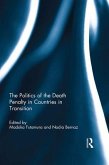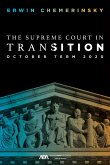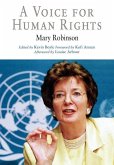In the literature on Indonesian legal history, the role of language has been paid scant attention. Even the replacement of Dutch by Indonesian as the official language of the law, surely a major event for the work of Indonesian jurists, has not been closely examined. Yet, since the early 1970s, legal usage and terminology have been the topic of a steady stream of highly critical publications by linguists and, remarkably, by jurists as well. Their criticism is focused on the heterogeneity of law language and terminology, and the deviation of legal usage from the official standard language. Government measures (language courses, law dictionaries) have not allayed this criticism. This study exposes two fundamental defects in the government measures and in the criticism itself. Firstly, they are grounded in an instrumental approach to language, an approach that sees language as a mere tool of the jurist, and as secondary in importance to the conceptual world that is considered law's core business. Secondly, they greatly underestimate the impact of the declining knowledge of Dutch upon the development of Indonesian law language. Massier argues that the law must be viewed as inextricably bound up with the language in which it is formulated. Consequently, legal training and practice are examined in this study in terms of language behaviour and conventions, of learning, writing and speaking the languages of the law. The voice of the law in transition provides a language history of Indonesian law and its practitioners.
Hinweis: Dieser Artikel kann nur an eine deutsche Lieferadresse ausgeliefert werden.
Hinweis: Dieser Artikel kann nur an eine deutsche Lieferadresse ausgeliefert werden.

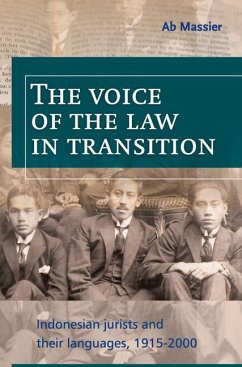
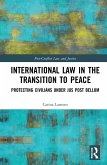
![Some Loose Suggestions for the Improvement of the Criminal Law, in Its Present State of Transition [microform] Some Loose Suggestions for the Improvement of the Criminal Law, in Its Present State of Transition [microform]](https://bilder.buecher.de/produkte/65/65622/65622992m.jpg)

